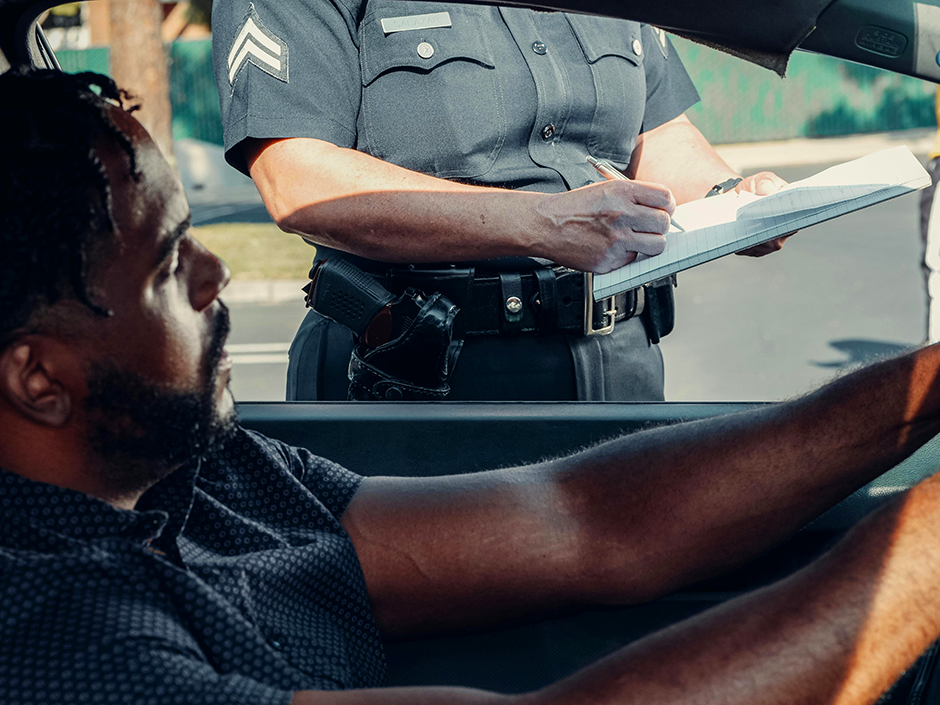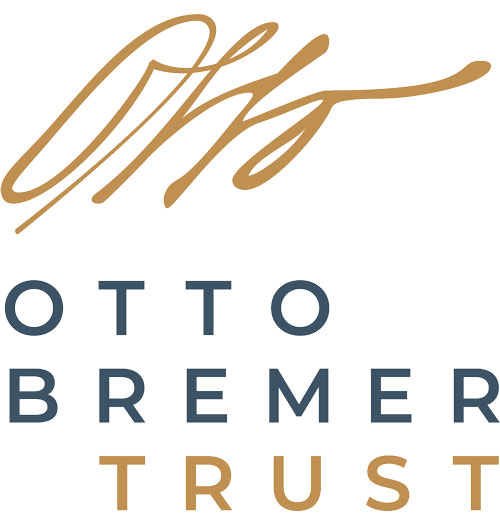In 2018, a Somali man who had just moved to Minneapolis was navigating the unfamiliar roads of the city’s northside when he mistakenly turned the wrong way down a one way street. A Minneapolis Police officer pulled him over and the encounter ended with the man, who couldn’t explain himself because he didn’t know English, being charged with driving while intoxicated.
The problem? The man, a devout Muslim, had never consumed alcohol. Six years later, the mistake has cost him thousands in lawyer fees and missed work opportunities that would have gone to supporting himself and his family.
“I couldn’t drive Uber or Lyft or a taxi and I’ve never touched a drop (of alcohol) in my life,” the man, who MinnPost is not identifying due to privacy concerns, said in Somali. “Because I don’t know the language, I don’t speak English, the police took advantage of me.”
Language barriers have long been an issue in relations between law enforcement and the communities they serve, manifesting in fear of calling 911 or miscommunication that would further escalate high stakes situations. As ranks of sworn officers become more diverse to reflect the communities they police and translation technology is more widely available, law enforcement officials say those barriers are getting easier to overcome.
According to the Minneapolis Police Department (MPD) Policy and Procedure Manual, if officers come across someone who can’t speak English, they are required to inform them that language assistance services exist free of charge and offer those services to them. The department does have a Limited English Proficiency Coordinator, according to the manual, whose duty is to ensure access to those services and train officers on when and how to use them.
Related | Minnesota police can no longer ask why a driver thinks they’ve been pulled over
Language identification cards are used by the department to determine what language a person speaks, and the city offers a language line for questions about city services.
MPD did not provide answers to questions about how often language access services are deployed and whether those interactions are tracked.
There have been many instances where miscommunication due to a language barrier has escalated a situation, said Jaylani Hussein, executive director of the Council on American-Islamic Relations. Hussein said he had one client who couldn’t explain himself to the officer who stopped him after making a mistake in traffic and immediately ended up in the back of a squad car.
“Does it increase the discretion and the potential targeting and more likely that violation? Yes it does,” he said. “In this case, they put him in the back of the car and then they searched his car and he didn’t know why they were searching the car, especially for just going the wrong way.”
Brian Higgins, former Bergen County Police Chief in New Jersey and current lecturer at John Jay College of Criminal Justice, echoed Hussein, citing the killing of Amadou Diallo by New York Police Department officers in 1999, when the officers shot and killed the 23-year-old Guinean student for reaching for his wallet.
It’s much easier now to overcome a possible language barrier between members of the public and law enforcement than it was in the past. One reason is police forces are now much more diverse and more likely to have sworn officers with the same cultural backgrounds that make up parts of the communities they police.
“There’s been this effort to make law enforcement agencies look more like their communities,” Higgins said. “And it’s not necessarily just so they physically look like them, but it’s so as an agency you understand people’s cultures and can speak to them in their language.”
The other factor, he said, is the improvement in technology. In place of having someone physically come to where an officer has someone stopped, officers now have the options of placing a call to a translating agency or using an app that each can quickly provide real-time translations without delay.
In addition to more diversity within law enforcement agencies and gains in technology, there have been more concerted efforts to overcome language barriers. In late 2022, the Justice Department’s Civil Rights Division launched a Law Enforcement Language Access Initiative in an effort to ensure that law enforcement were providing language assistance to residents with limited English proficiency.
These improvements may be reflected in police departments in cities and metro areas, but rural areas are progressing in this regard at a much slower rate, Hussein said. He said a robust public awareness campaign aimed toward immigrants and others with limited English language skills, along with anti-bias training for officers, are a must for improvement.
Higgins said the solution to this issue will be the combination of all of those.
“Law enforcement is public safety, so anything we can do to provide services to the public, I think we should try,” he said. “You have to try all of those avenues to make sure law enforcement is just that – serving the community.”

Mohamed Ibrahim
Mohamed Ibrahim is MinnPost’s environment and public safety reporter. He can be reached at mibrahim@minnpost.com.





